25 Books every Feminist Needs to Read
25 Ridiculously good Feminist Books
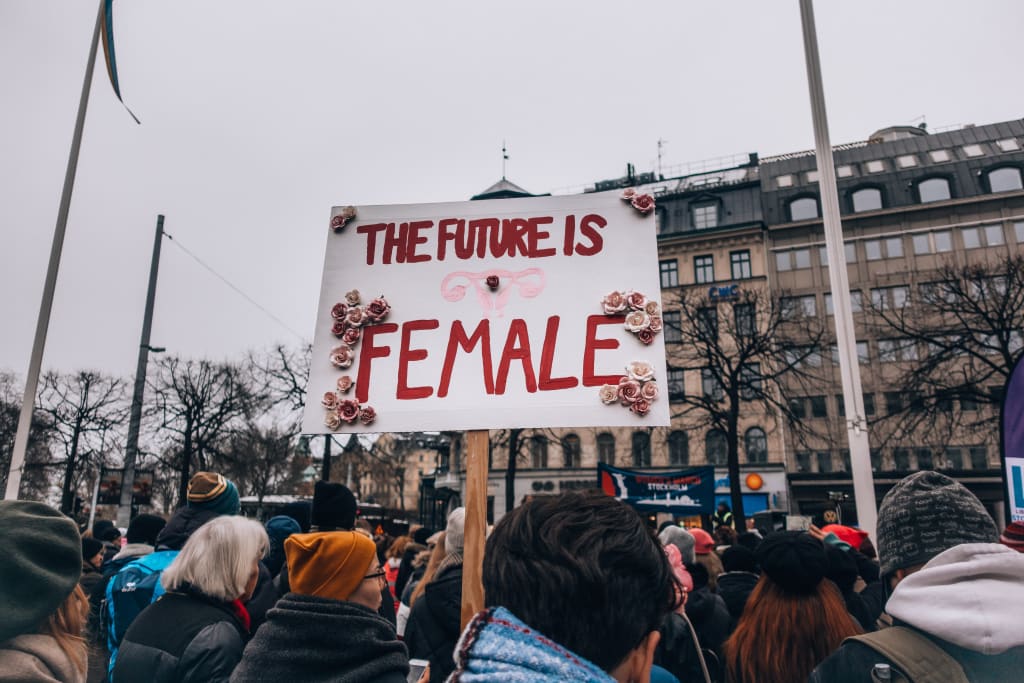
Feminism, an ideology advocating for gender equality, has shaped and transformed societies around the world. To delve deeper into this significant movement, we have curated a list of the top 25 books about feminism. Ranging from classics to contemporary works, these books explore various aspects of feminism, shedding light on the struggles, achievements, and ongoing challenges faced by women globally. Each book listed here represents a powerful voice and a valuable contribution to the feminist discourse. Let's embark on this enlightening journey!
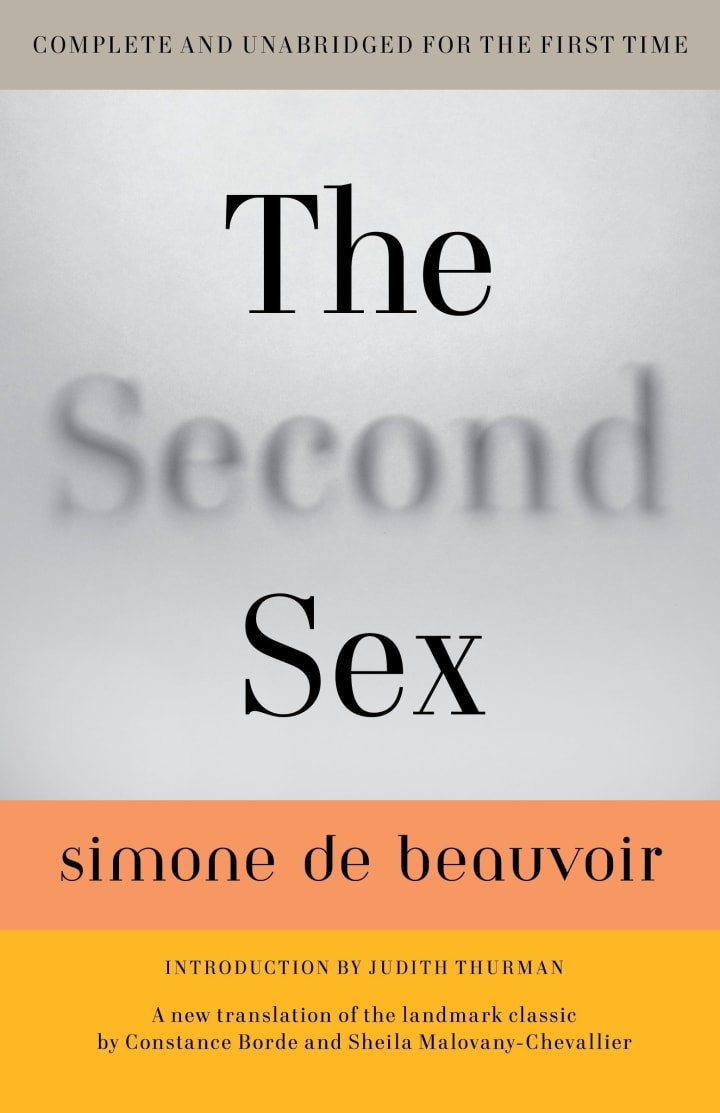
1. "The Second Sex" by Simone de Beauvoir (1949):
Considered a landmark feminist text, Simone de Beauvoir's "The Second Sex" delves into the social, historical, and cultural construction of womanhood. In this seminal work, de Beauvoir challenges traditional notions of femininity, exploring the ways in which women have been marginalized and oppressed. By examining the concept of "otherness" imposed upon women by society, she invites readers to critically analyze the foundations of gender inequality and advocates for women's liberation and empowerment.
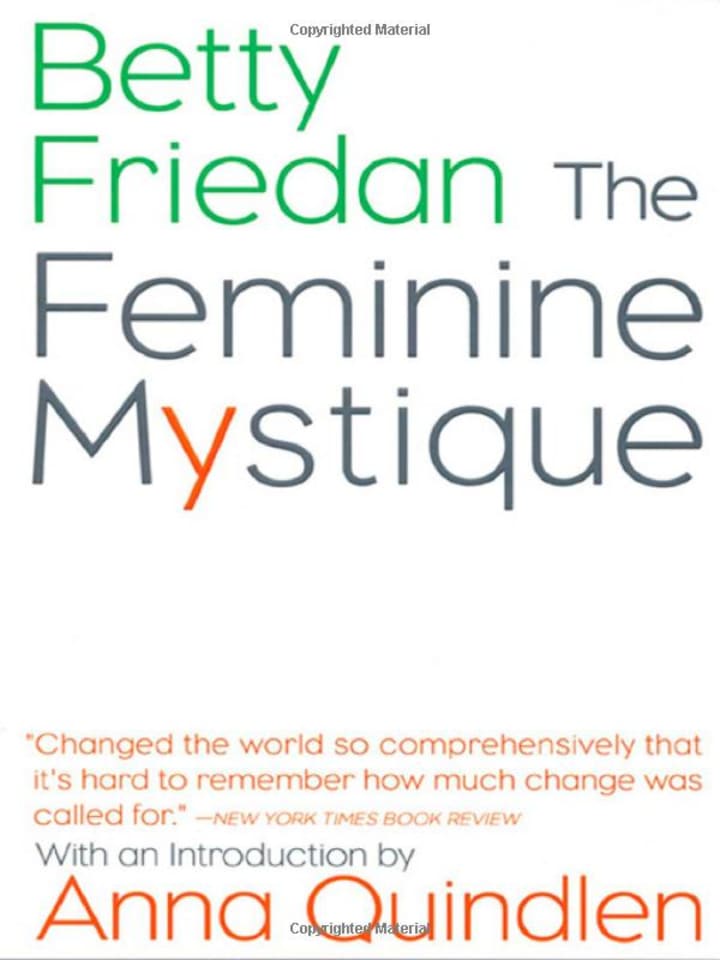
2. "The Feminine Mystique" by Betty Friedan (1963):
Betty Friedan's "The Feminine Mystique" is a groundbreaking work that exposed the discontent experienced by American women in the 1950s and 1960s. Friedan examines the pervasive influence of societal expectations and gender roles on women's lives, highlighting the dissatisfaction bred by the limited opportunities for personal and professional fulfillment. By challenging the notion that women's sole purpose lies in domesticity, Friedan sparked a renewed wave of feminism and ignited discussions around gender equality, ultimately paving the way for the second-wave feminist movement.
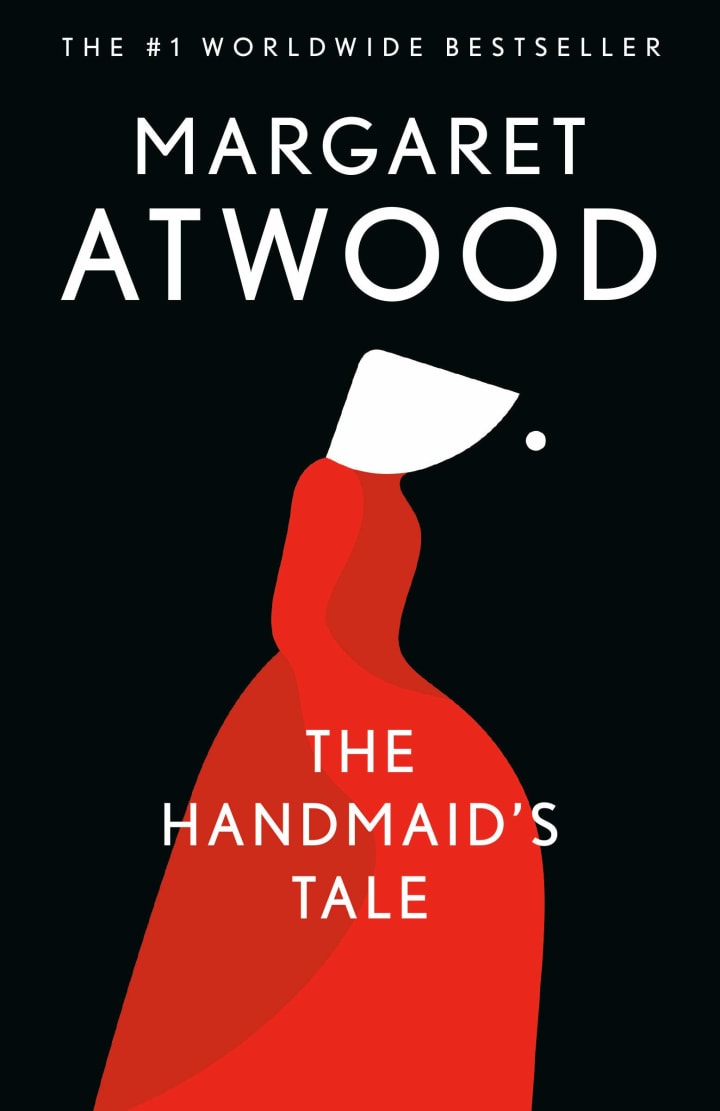
3. "The Handmaid's Tale" by Margaret Atwood (1985):
Set in a dystopian society, Margaret Atwood's "The Handmaid's Tale" depicts a future where women are subjugated and their reproductive rights are severely restricted. This powerful novel serves as a cautionary tale, highlighting the dangers of a society that seeks to control women's bodies and diminish their agency. With its chilling portrayal of gender oppression, Atwood's work sparks important conversations about the preservation of women's rights.
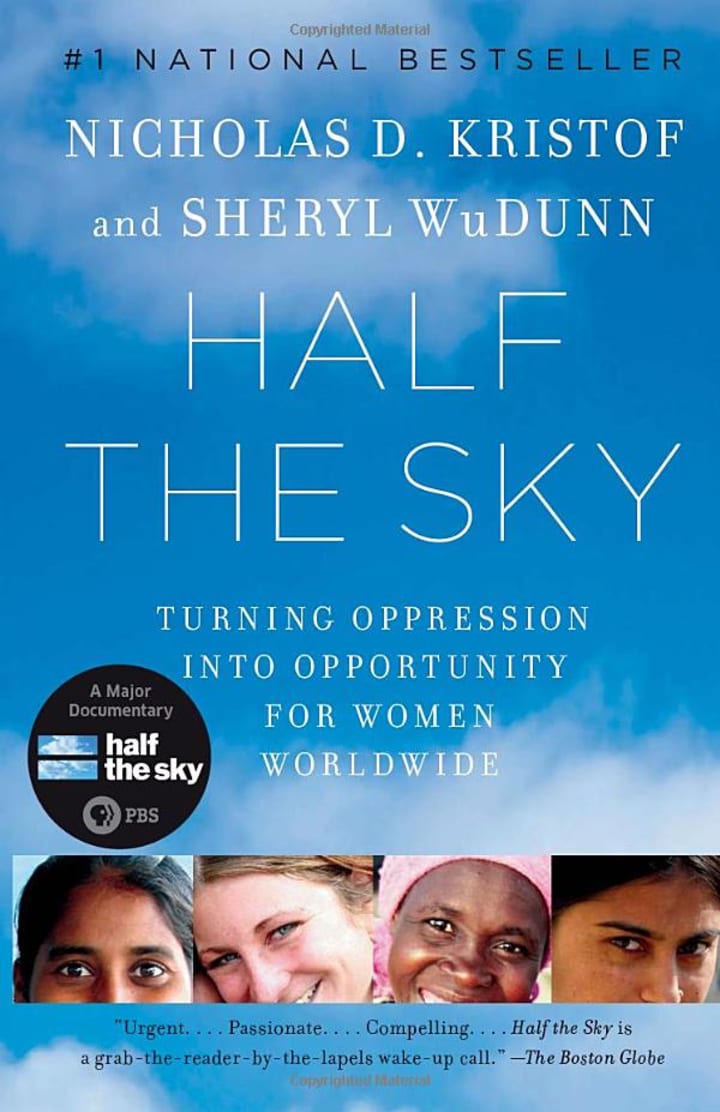
4. "Half the Sky" by Nicholas D. Kristof and Sheryl WuDunn (2009):
This eye-opening book by Nicholas D. Kristof and Sheryl WuDunn examines the oppression faced by women worldwide and calls for collective action to address gender-based discrimination. Through powerful stories and compelling research, the authors shed light on issues such as sex trafficking, maternal mortality, and lack of access to education. "Half the Sky" inspires readers to become agents of change and advocates for the empowerment of women.
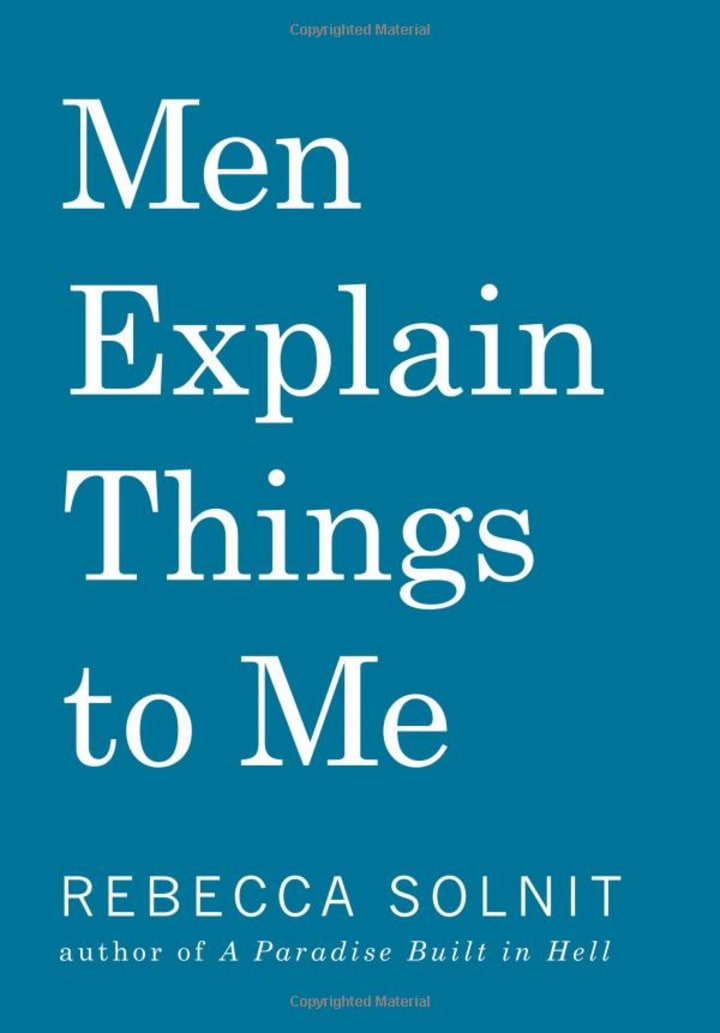
5. "Men Explain Things to Me" by Rebecca Solnit (2014):
In this influential collection of essays, Rebecca Solnit tackles the issue of mansplaining and the silencing of women's voices. Through personal anecdotes and astute analysis, Solnit explores the systemic sexism that permeates society and exposes the ways in which women's knowledge and expertise are dismissed or overlooked. "Men Explain Things to Me" serves as a rallying cry for gender equality and the importance of listening to and amplifying women's voices.
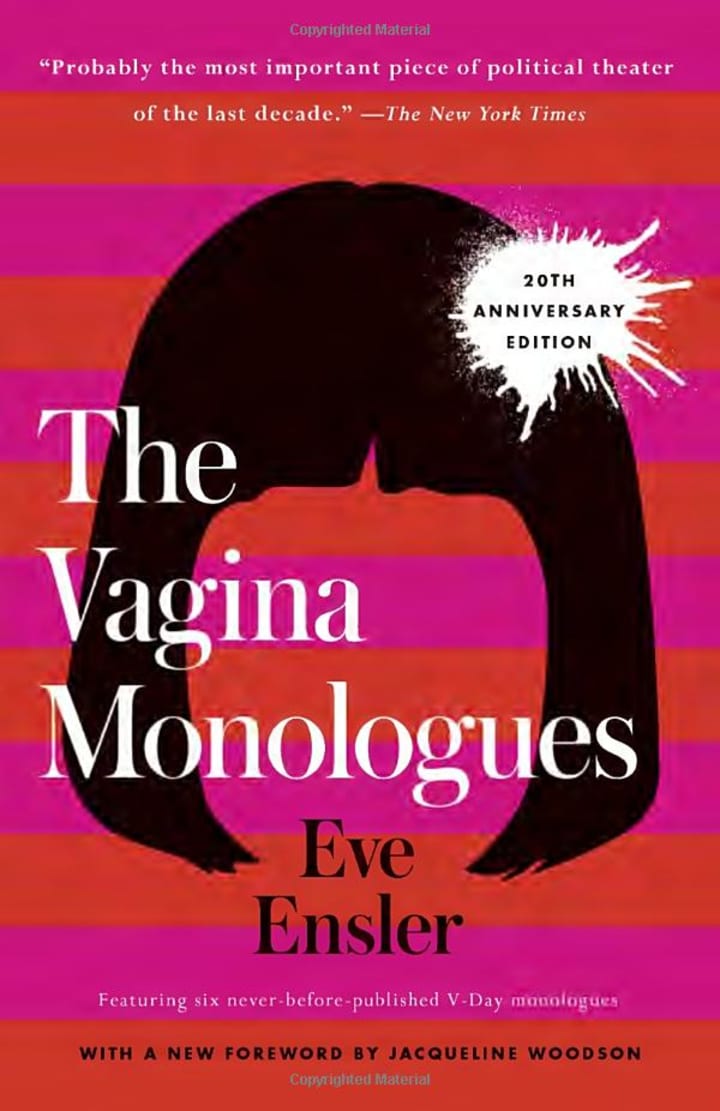
6."The Vagina Monologues" by Eve Ensler (1996):
Eve Ensler's groundbreaking play, "The Vagina Monologues," celebrates and addresses issues surrounding female sexuality, consent, and empowerment. Through a series of monologues based on interviews with women, Ensler explores diverse experiences, breaking the silence and stigma surrounding the female body. This bold and thought-provoking work continues to be performed worldwide, fostering dialogue and promoting understanding of women's lived experiences.
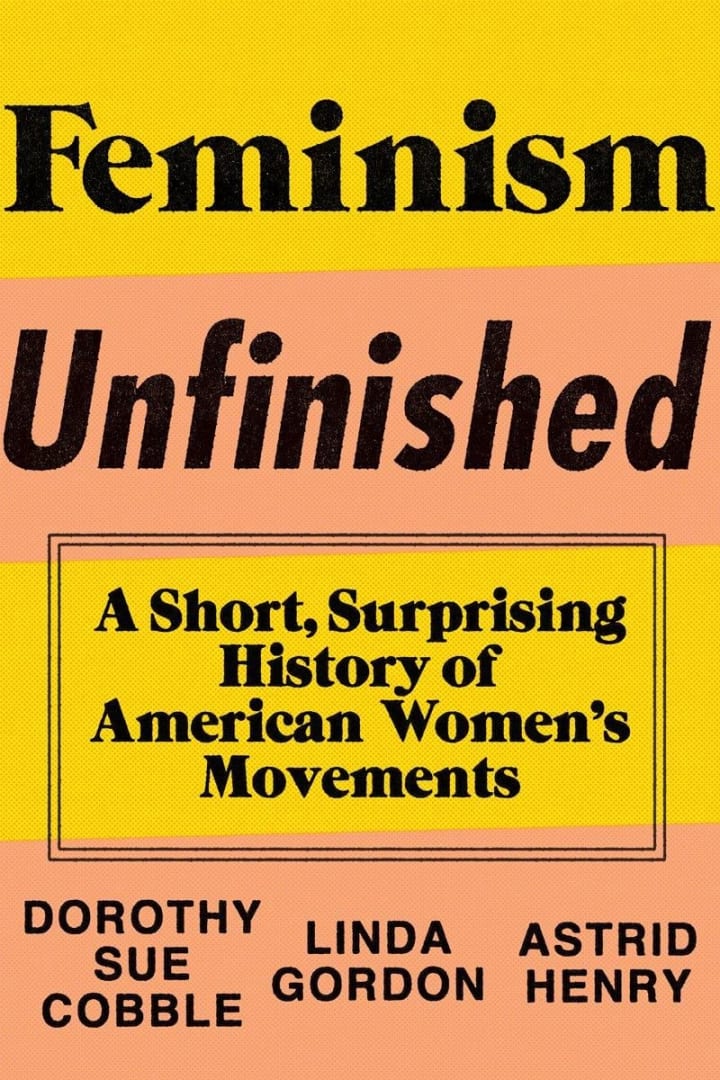
7. "Feminism Unfinished" by Dorothy Sue Cobble, Linda Gordon, and Astrid Henry (2014):
This collaborative work delves into the history of the feminist movement in the United States, providing valuable insights into the challenges faced by feminists throughout different eras. Through a combination of scholarly analysis and personal narratives, the authors highlight the achievements and ongoing struggles of the feminist movement, emphasizing the need for continued activism and intersectional approaches to gender equality.
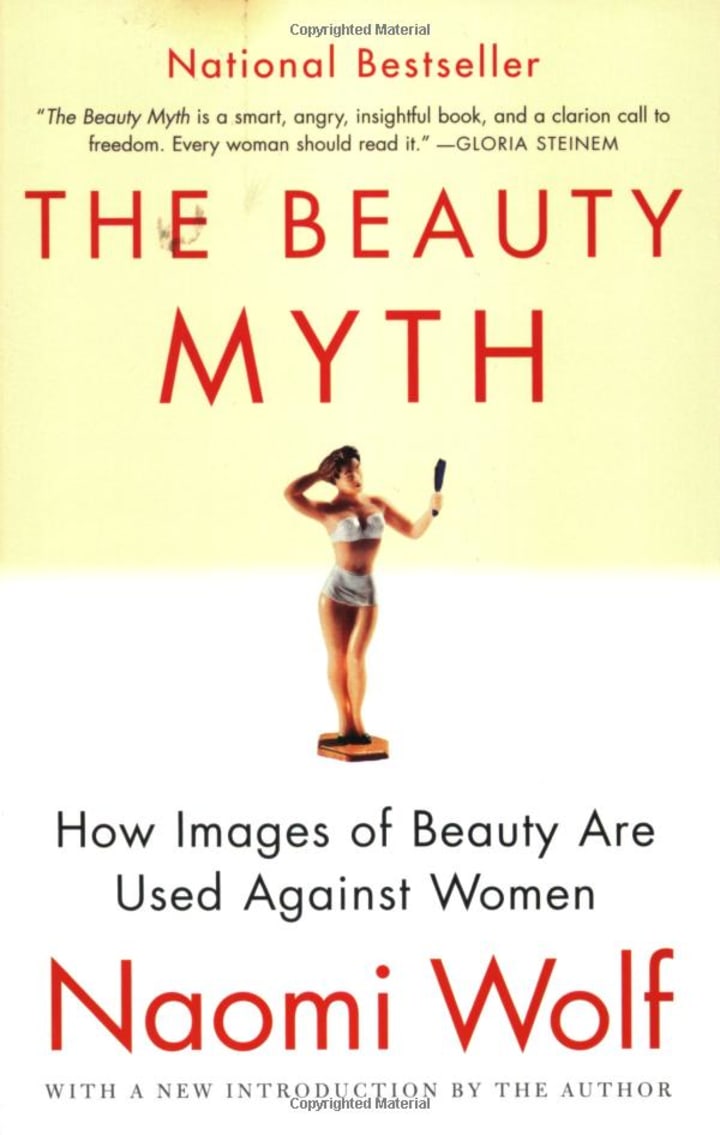
8. "The Beauty Myth" by Naomi Wolf (1990):
Naomi Wolf's "The Beauty Myth" explores the societal pressure on women to conform to narrow beauty standards. In this thought-provoking book, Wolf exposes how the beauty industry perpetuates unrealistic ideals that undermine women's self-esteem and limit their opportunities. By dissecting the intersection of beauty, power, and gender, "The Beauty Myth" offers a critical examination of the harmful impact of societal expectations and calls for the liberation of women from oppressive beauty norms.
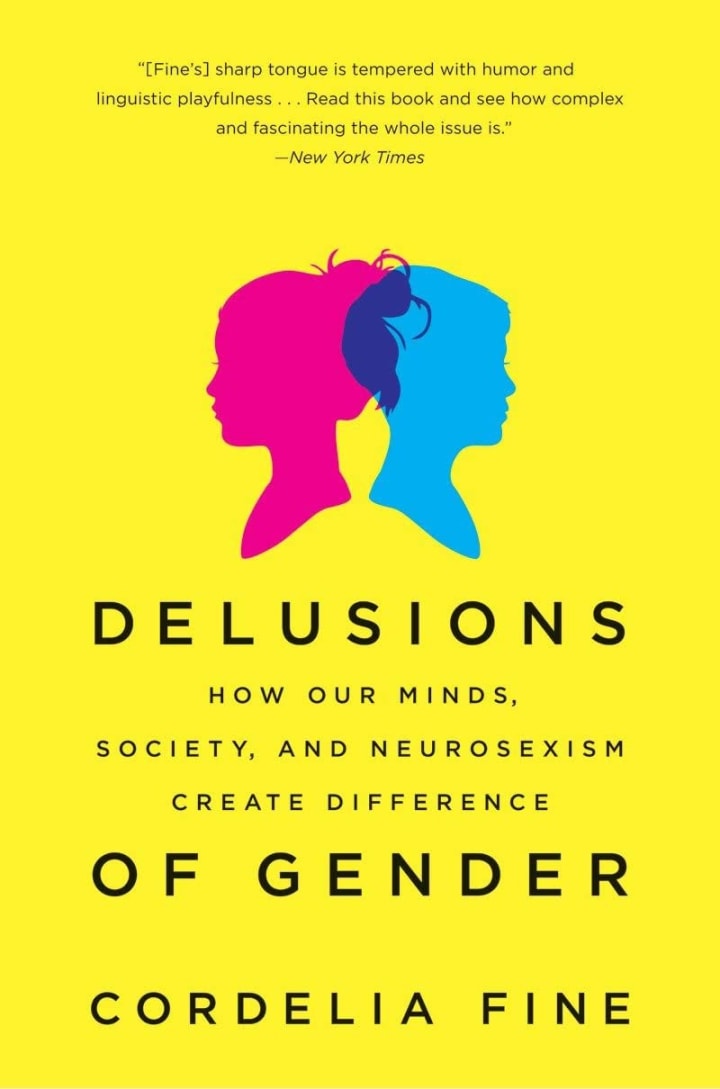
9. "Delusions of Gender" by Cordelia Fine (2010):
Cordelia Fine's "Delusions of Gender" challenges the notion of inherent gender differences and explores how social and cultural factors shape our understanding of gender. Through rigorous research and engaging prose, Fine dismantles pseudoscientific claims about gender differences, exposing the biases and stereotypes that limit individuals based on their perceived gender. "Delusions of Gender" encourages readers to critically examine the influence of societal norms on gender roles and expectations.
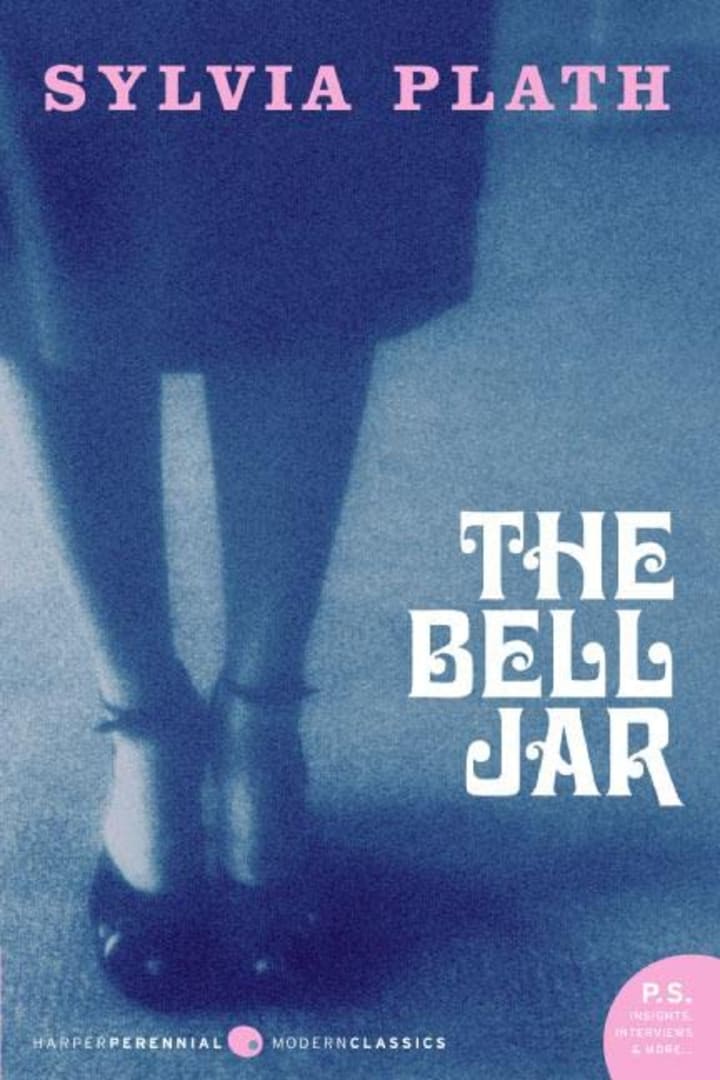
10. "The Bell Jar" by Sylvia Plath (1963):
"The Bell Jar" is a semi-autobiographical novel by Sylvia Plath that provides a poignant exploration of mental health, gender expectations, and societal pressures. Plath's protagonist, Esther Greenwood, grapples with her identity and experiences a descent into mental illness. This introspective and evocative work shines a light on the challenges faced by women in a patriarchal society and the importance of self-empowerment and authenticity.
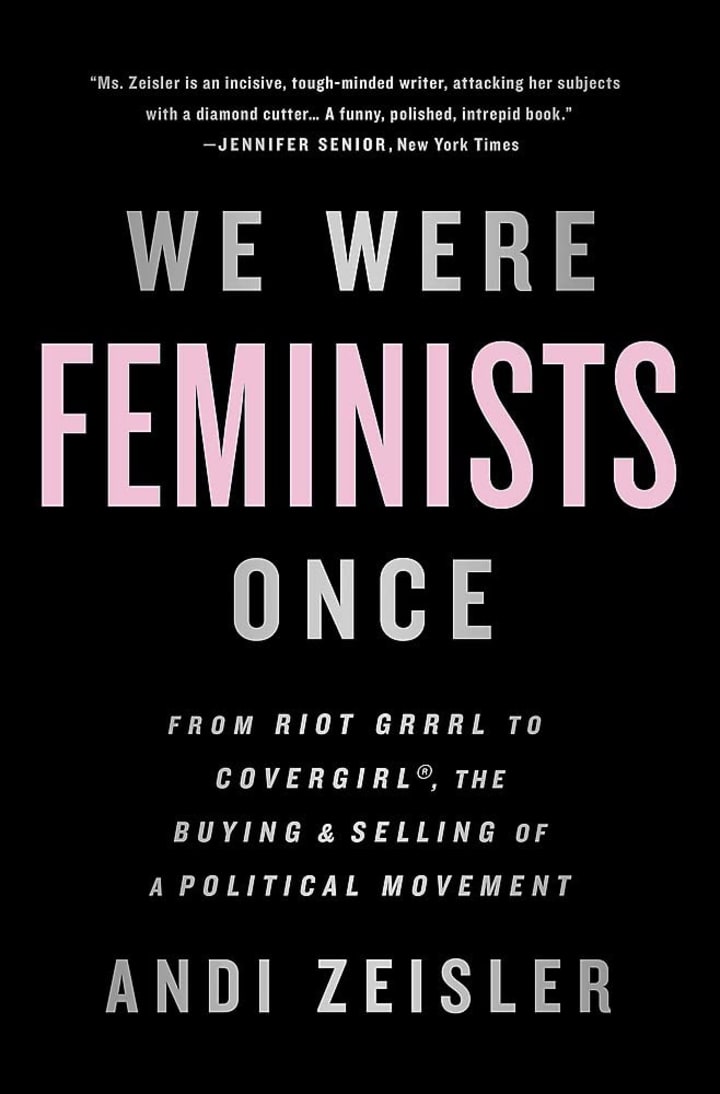
11. "We Were Feminists Once" by Andi Zeisler (2016):
In "We Were Feminists Once," Andi Zeisler critically examines the commercialization of feminism and its incorporation into mainstream culture. Zeisler explores how feminism has been commodified and watered down, losing its radical roots. Through astute analysis, she calls for a return to feminist activism that challenges the status quo and disrupts entrenched power structures. "We Were Feminists Once" provokes important discussions about the co-optation of feminism and the necessity of maintaining its transformative potential.
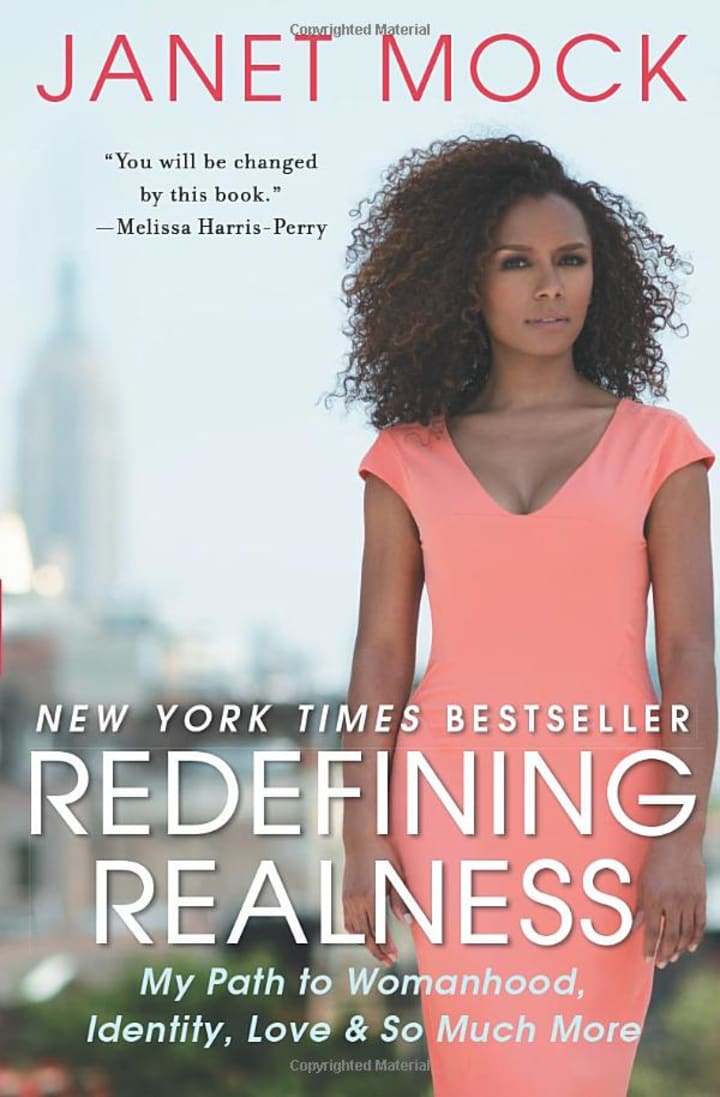
12. "Redefining Realness" by Janet Mock (2014):
Janet Mock's memoir, "Redefining Realness," recounts her experiences as a transgender woman of color, offering an intimate and powerful exploration of identity, intersectionality, and resilience. Mock's candid storytelling provides a personal perspective on the challenges faced by transgender individuals, shedding light on the intersections of race, class, and gender. Through her journey of self-discovery and self-acceptance, Mock's memoir challenges societal norms and advocates for transgender rights and visibility.
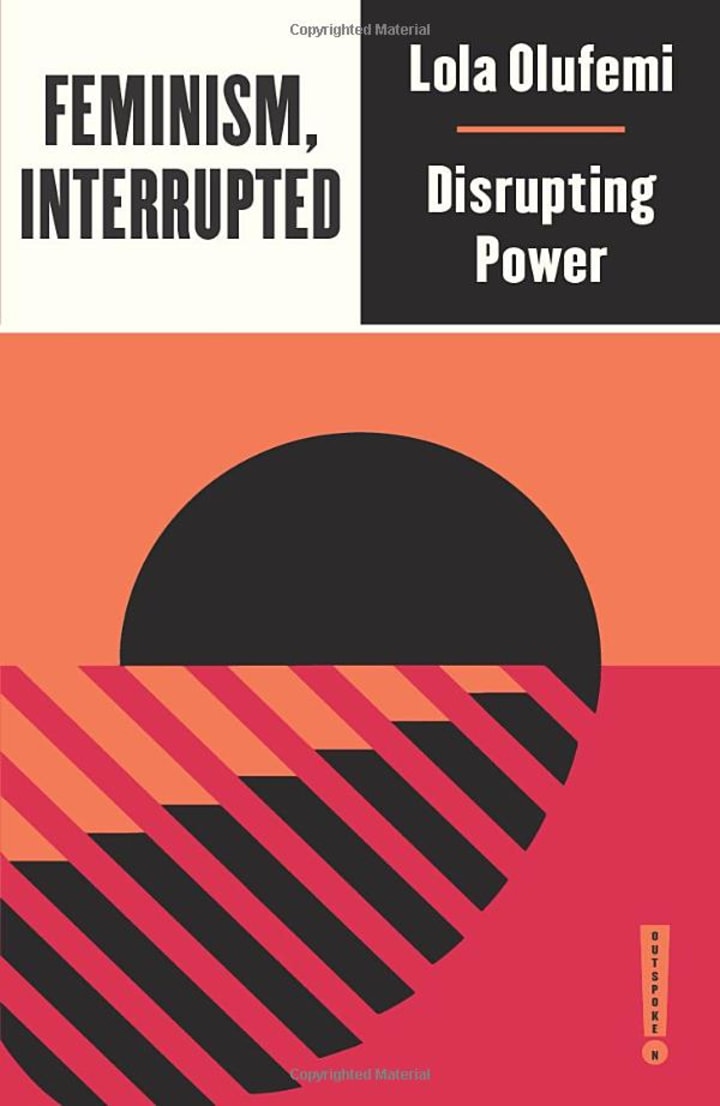
13. "Feminism, Interrupted" by Lola Olufemi (2020):
Lola Olufemi's "Feminism, Interrupted" offers a contemporary and intersectional perspective on feminism. Exploring themes of race, colonialism, and capitalism, Olufemi argues for a feminism that challenges and disrupts existing power structures. Through incisive analysis and engaging prose, "Feminism, Interrupted" calls for a more inclusive and transformative feminism that addresses the interconnected systems of oppression that marginalize women and gender-diverse individuals.
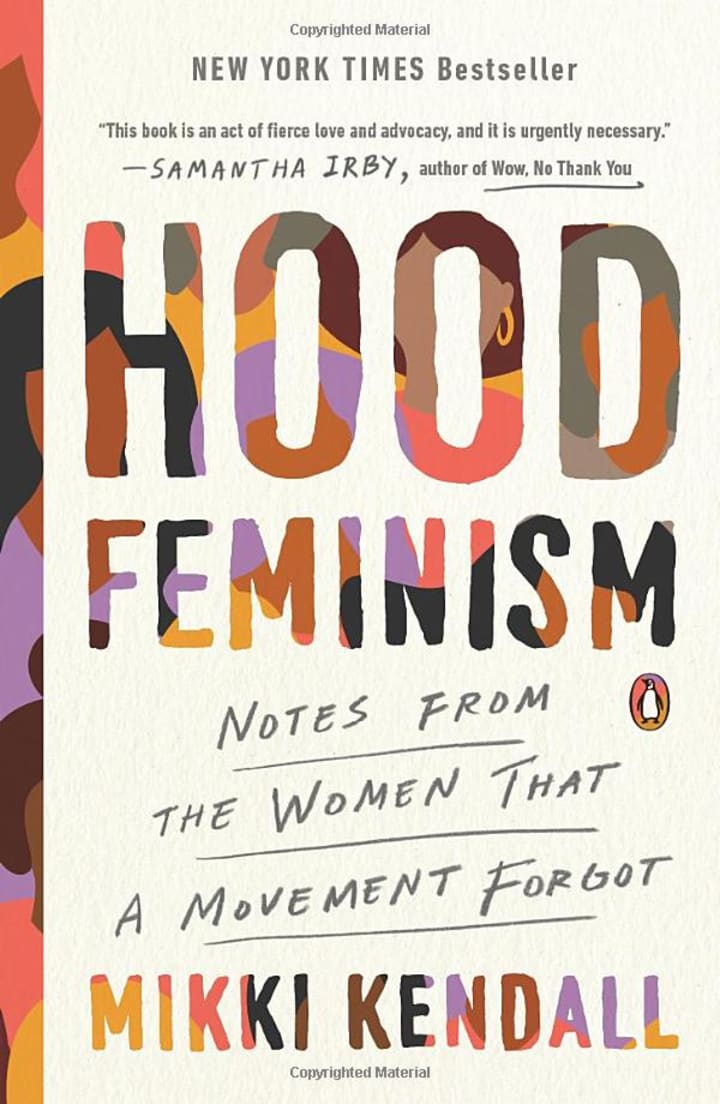
14. "Hood Feminism" by Mikki Kendall (2020):
In "Hood Feminism," Mikki Kendall critically examines mainstream feminism and highlights the importance of intersectionality in the fight for gender equality. Kendall explores the ways in which feminism often neglects the experiences of marginalized women, particularly those from low-income communities. With a focus on social justice and solidarity, "Hood Feminism" advocates for a feminism that addresses the urgent needs of all women and works towards dismantling systemic inequalities.
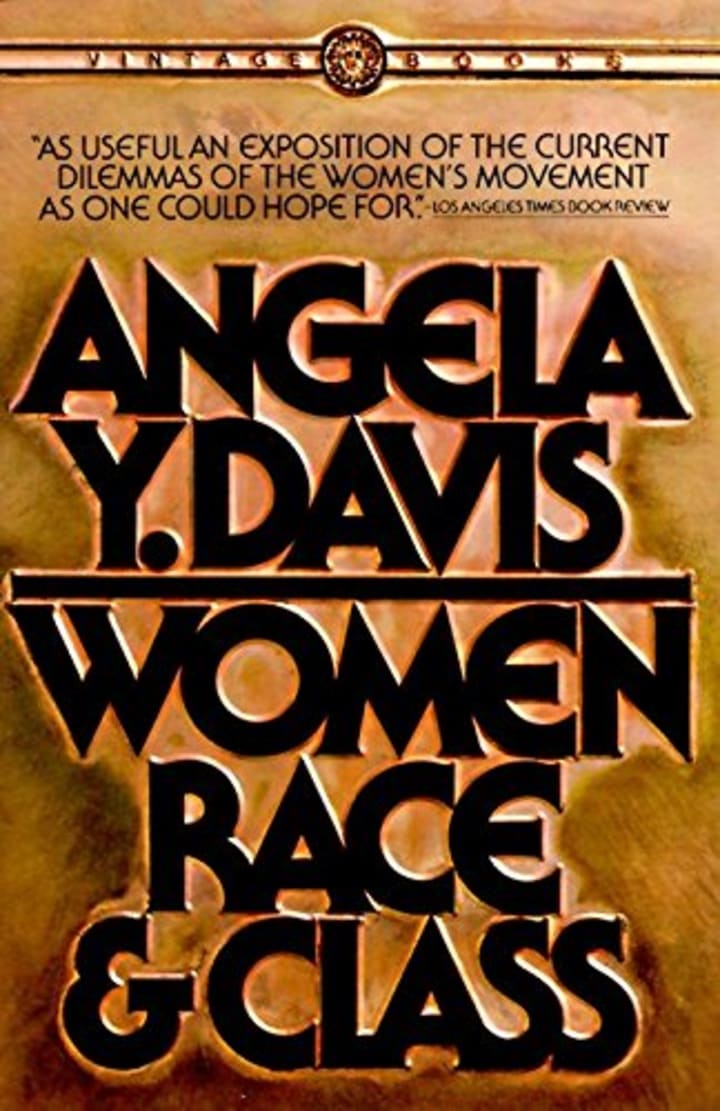
15. "Women, Race, and Class" by Angela Y. Davis (1981):
Angela Y. Davis's "Women, Race, and Class" provides a comprehensive analysis of the interconnected oppressions faced by women of different races and classes. Davis examines the historical context and social dynamics that shape gendered and racial inequalities, highlighting the contributions of women activists throughout history. With a call for intersectional solidarity, Davis's work emphasizes the necessity of collective struggle for liberation and justice.
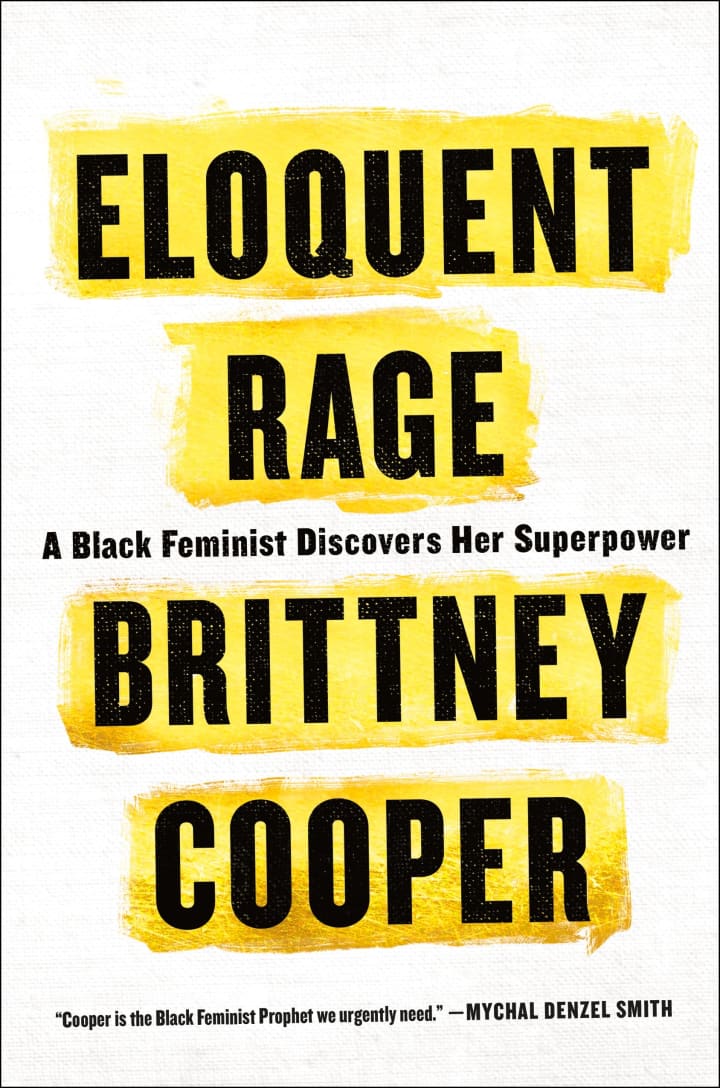
16. "Eloquent Rage" by Brittney Cooper (2018):
In "Eloquent Rage," Brittney Cooper combines personal narrative, cultural critique, and academic analysis to explore the intersection of race, gender, and feminism. Cooper interrogates the notion of anger as a valid and transformative force for marginalized individuals, offering a compelling argument for the power of black feminist thought. Through her own experiences and engaging storytelling, she challenges stereotypes and calls for a radical and inclusive feminism that confronts systemic injustices.
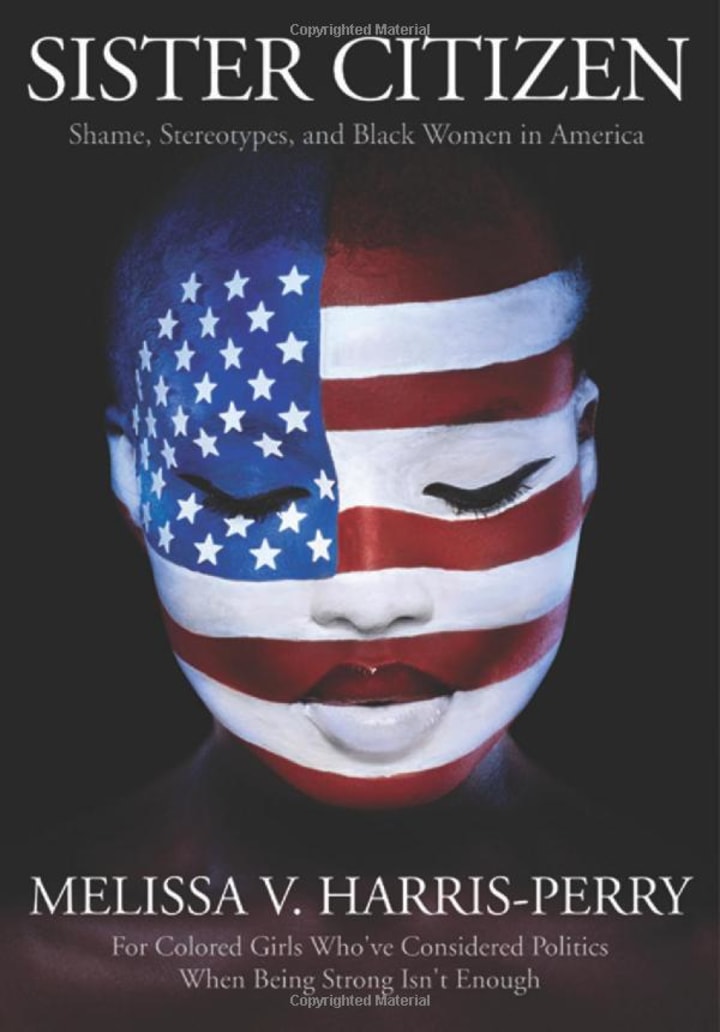
17. "Sister Citizen" by Melissa V. Harris-Perry (2011):
Melissa V. Harris-Perry's "Sister Citizen" examines the experiences of black women in American politics and society. Harris-Perry explores the unique challenges faced by black women as they navigate intersecting systems of oppression, including racism and sexism. Drawing on history, politics, and popular culture, "Sister Citizen" offers a nuanced analysis and encourages a more inclusive understanding of citizenship and belonging.
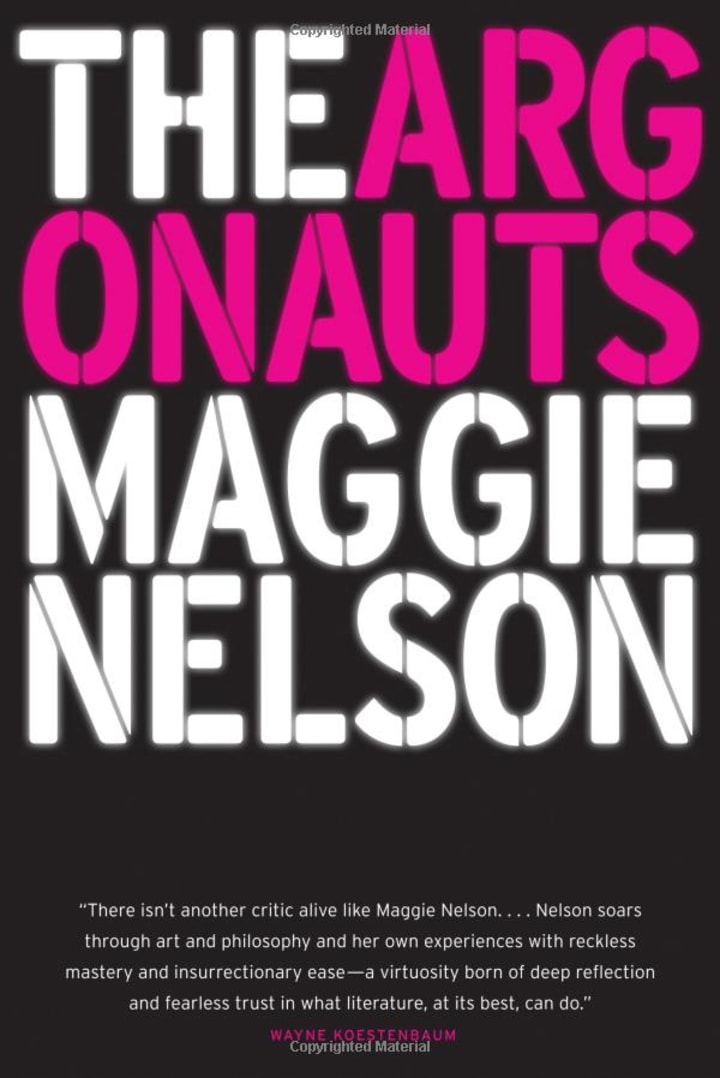
18. "The Argonauts" by Maggie Nelson (2015):
Maggie Nelson's genre-bending memoir, "The Argonauts," explores themes of gender, sexuality, motherhood, and identity. Nelson's lyrical prose weaves together personal anecdotes, critical theory, and cultural references, offering a unique and thought-provoking exploration of queer experience and family dynamics. "The Argonauts" challenges traditional notions of gender and relationships while celebrating the fluidity and complexity of human existence.
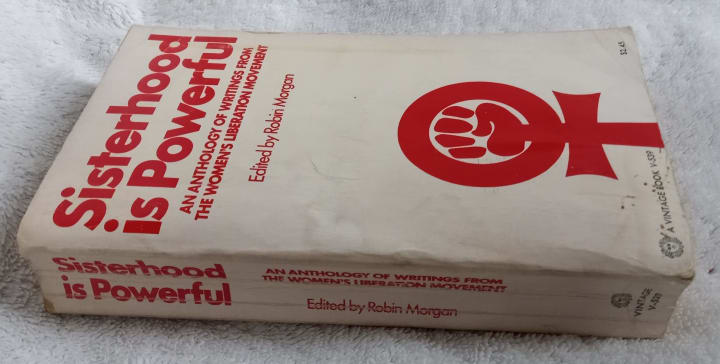
19. "Sisterhood is Powerful" edited by Robin Morgan (1970):
Considered a seminal feminist anthology, "Sisterhood is Powerful" brings together diverse voices from the women's movement of the late 1960s and early 1970s. Edited by Robin Morgan, the book includes essays, poetry, and speeches that collectively address a range of feminist issues, including reproductive rights, gender roles, and systemic oppression. "Sisterhood is Powerful" captures the spirit of the second-wave feminist movement and serves as a testament to the power of collective action and solidarity.
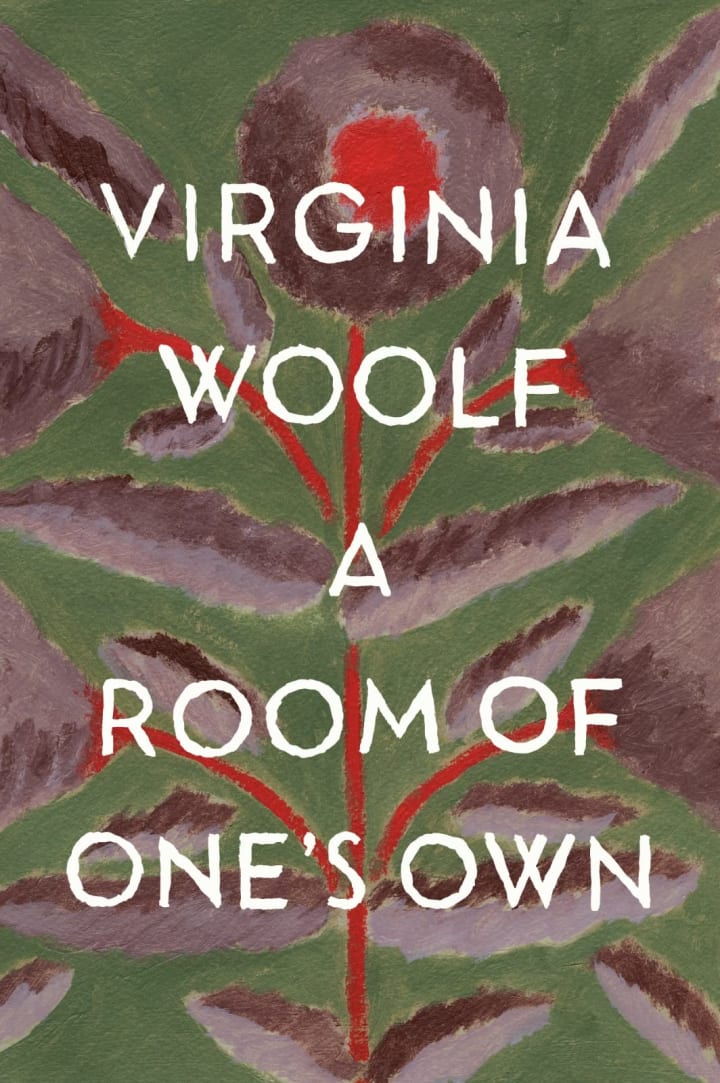
20. "A Room of One's Own" by Virginia Woolf (1929):
Virginia Woolf's "A Room of One's Own" is a powerful feminist essay that investigates the limitations faced by women in the literary world. Woolf argues that women's creativity and intellectual potential have been hindered throughout history due to societal restrictions and lack of access to education and resources. By emphasizing the necessity for women to have both financial independence and personal space, Woolf calls for a fundamental transformation in society, one that enables women to express their voices and talents freely.
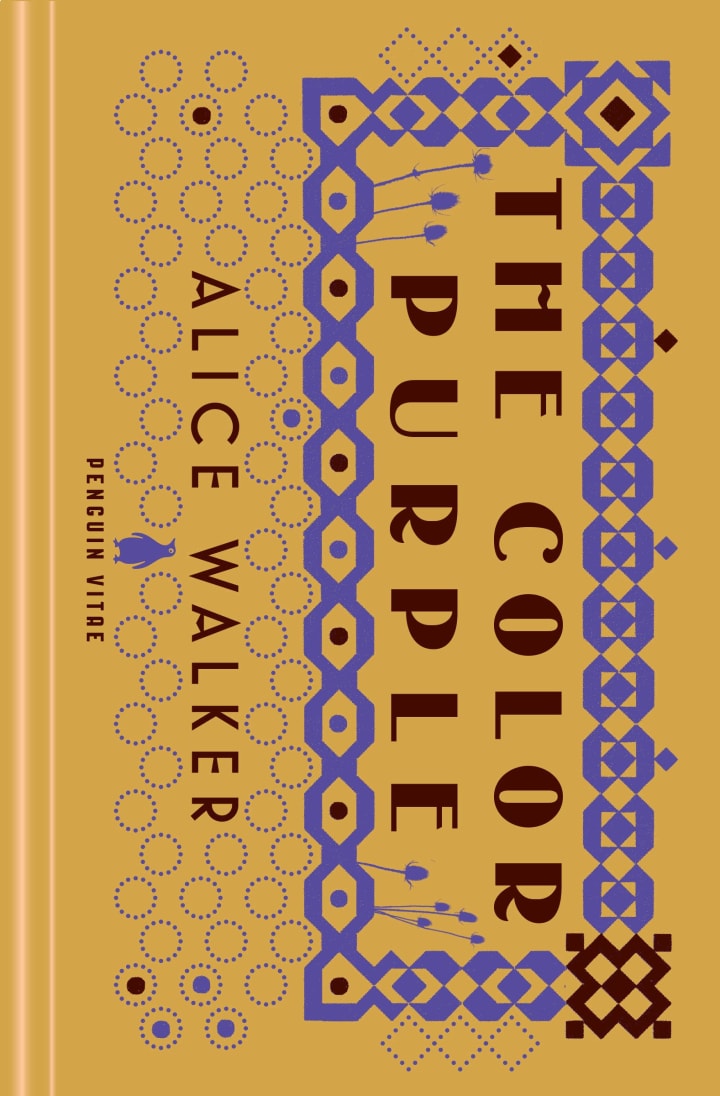
21. "The Color Purple" by Alice Walker (1982):
Alice Walker's Pulitzer Prize-winning novel, "The Color Purple," tells the captivating story of African American women living in the southern United States during the early 20th century. Through the eyes of her protagonist, Celie, Walker explores themes of race, gender, sexuality, and abuse, shedding light on the intersecting oppressions faced by black women. With its raw portrayal of resilience and sisterhood, "The Color Purple" challenges societal norms and offers a powerful narrative that celebrates the strength and agency of black women.
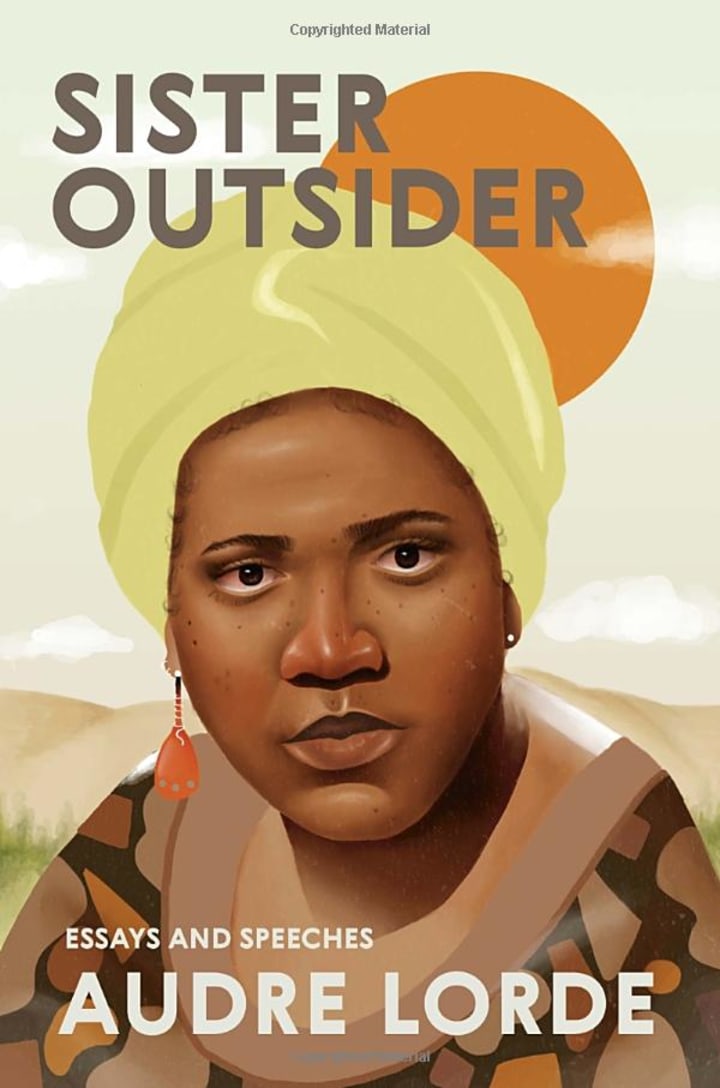
22. "Sister Outsider" by Audre Lorde (1984):
In "Sister Outsider," Audre Lorde, a celebrated poet and essayist, confronts the intersections of race, class, gender, and sexuality. Lorde's collection of essays and speeches serves as a rallying cry for marginalized communities, emphasizing the importance of self-acceptance, empowerment, and solidarity. Through her insightful analyses and personal experiences, Lorde illuminates the ways in which systems of oppression affect individuals differently, urging readers to recognize and challenge these structures while embracing their unique identities.
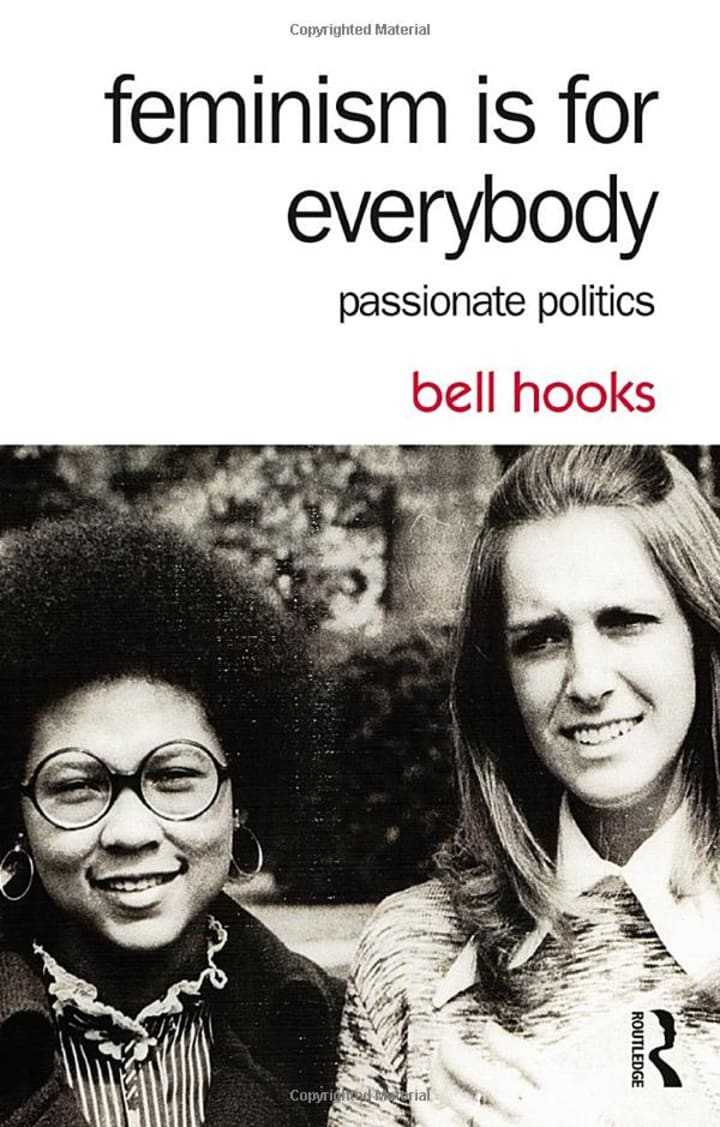
23. "Feminism is for Everybody" by bell hooks (2000):
In "Feminism is for Everybody," bell hooks offers a concise and accessible introduction to feminism. Through engaging prose, hooks dismantles misconceptions surrounding the movement and highlights its relevance in everyday life. She examines the interplay of sexism, patriarchy, race, class, and intersectionality, emphasizing the importance of inclusivity and solidarity among all individuals seeking gender equality. By emphasizing that feminism benefits everyone, hooks invites readers to actively participate in the ongoing struggle for a more just and equitable world.
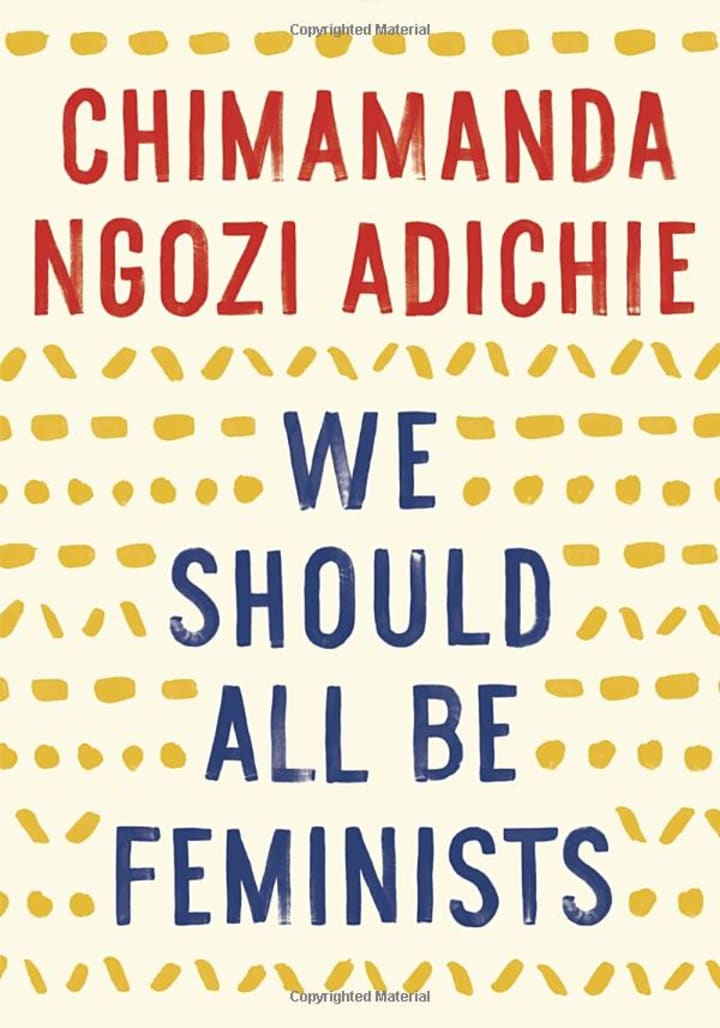
24. "We Should All Be Feminists" by Chimamanda Ngozi Adichie (2014):
Based on her acclaimed TED Talk, Chimamanda Ngozi Adichie's "We Should All Be Feminists" presents a concise yet powerful argument for gender equality. Adichie skillfully weaves personal anecdotes with astute observations, highlighting the pervasive nature of sexism and its impact on both women and men. By advocating for an inclusive feminism that recognizes the humanity and agency of all individuals, Adichie's work encourages readers to embrace the feminist cause and actively work towards a more equitable and just society.
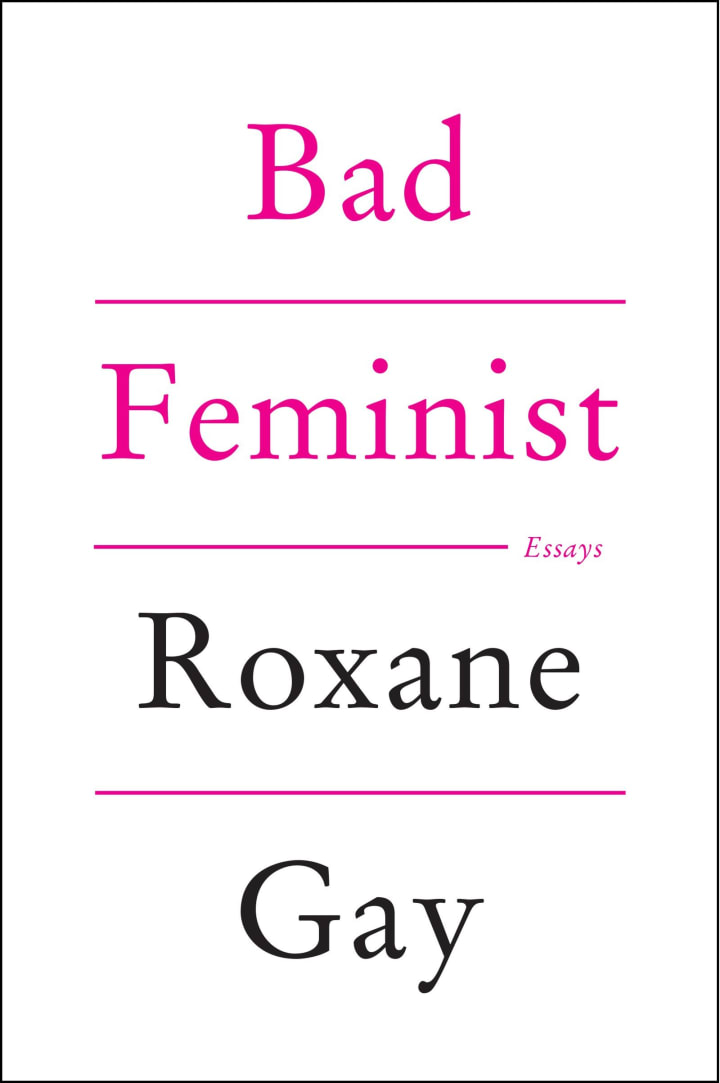
25. "Bad Feminist" by Roxane Gay (2014):
In "Bad Feminist," Roxane Gay explores the complexities of contemporary feminism and challenges the notion of a perfect feminist. Through a series of thought-provoking essays, Gay discusses a wide range of topics, including pop culture, politics, race, and sexuality. She openly examines her own contradictions and imperfections as a feminist while highlighting the importance of embracing diversity and acknowledging the flaws within the movement. "Bad Feminist" offers a refreshing perspective on feminism that encourages inclusivity and critical self-reflection.
Conclusion:
These 25 books about feminism offer a diverse range of perspectives, ideas, and experiences that contribute to the ongoing conversation around gender equality. From seminal works that laid the foundation for feminist thought to contemporary explorations of intersectionality and activism, each book on this list provides valuable insights into the challenges, triumphs, and complexities of the feminist movement. By engaging with these powerful texts, readers can deepen their understanding of feminism and become active participants in the ongoing pursuit of a more equitable and inclusive world.
About the Creator
NovelNest Books
Book Recommendations





Comments
There are no comments for this story
Be the first to respond and start the conversation.